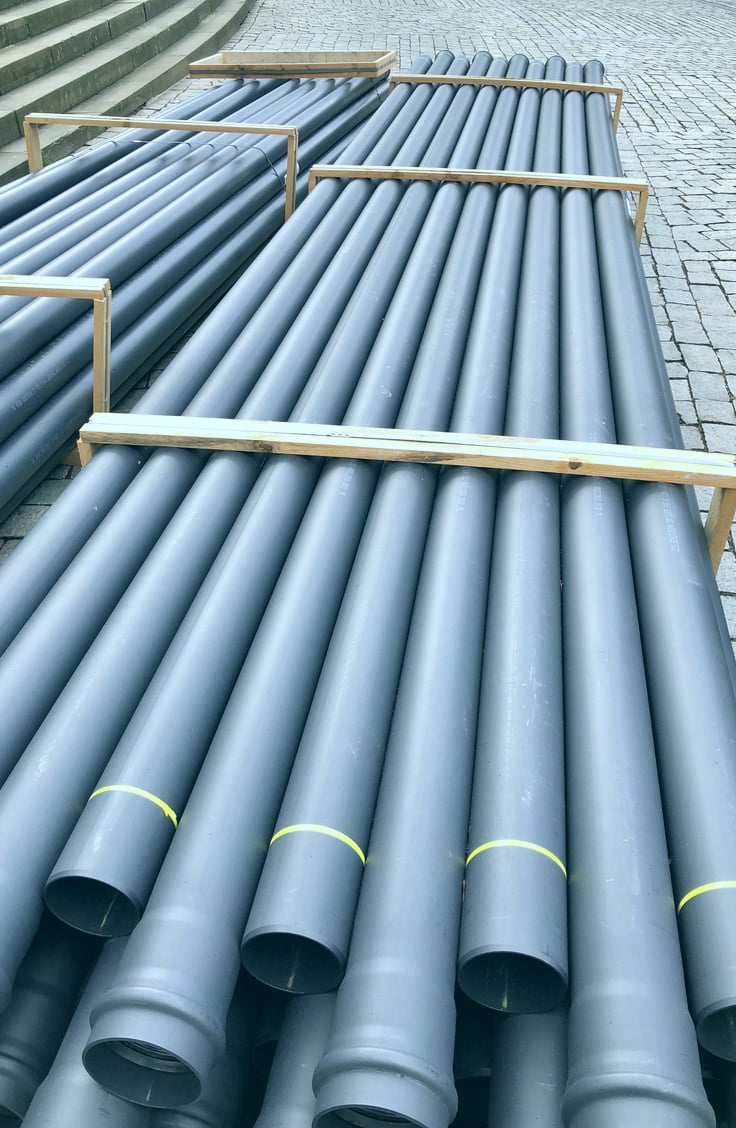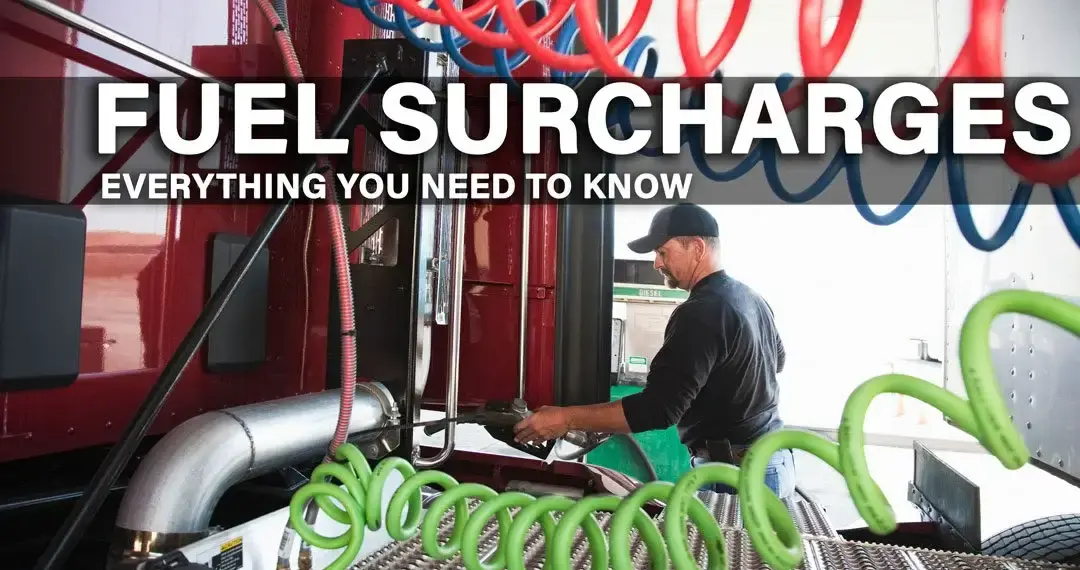
Understanding Capacity Shipment Surcharge in LTL Shipping
A capacity shipment surcharge on an LTL shipment almost always come as a “surprise” charge on a freight bill, or worse a second bill sometime later. But, by understanding capacity shipment surcharges and making a few adjustments you can avoid a potential surprise.
What is a freight surcharge?
A surcharge is a fee added into a transportation rate to offset additional handling charges that are too complicated or dynamic to build into standardized rates.
The most common example of a surcharge is fuel surcharge. Since fuel varies from week to week and can vary a lot over time, all carriers build their rates with some “base fuel cost” assumption and then layer on a fuel surcharge that varies from week to week as fuel prices vary.
Why is a shipment surcharged for capacity?
Determining the price an LTL carrier charges starts with understanding their cost because they will always strive to charge you more than it costs them. Afterall, that’s how they make a profit!
Each carrier builds their rates with certain assumptions about what the ideal freight profile and mix for their network will be. That freight mix will let them maximize the amount of freight in each trailer at all times. In general, most LTL carriers ideal mixes favor uniformly shaped cubes, with good densities. And, their ideal shipments tend to be 1-2 pallets because small shipments tend to be more profitable for their networks than large shipments.
The concept behind LTL shipping is to make many pickups, consolidate them for movement to destination in a hub & spoke network balanced so that freight is moving both in and out of every spoke. Each shipment is charged a premium to make up for the added costs of operating and if enough shipments are on-board that premium becomes a healthy profit. When capacity (large) shipments are accepted into the network the premium has to be adjusted for the carrier to maintain margin as it may disrupt inbound-outbound balance, or incur opportunity cost by bumping other more profitable freight.
When does Capacity Shipment surcharge apply?
When a carrier’s capacity shipment surcharge applies is addressed in the carrier’s tariff, which means each LTL carrier can have different rules and charges related to it. These rules may be stated in maximum weight of a shipment, lineal feet use, or pallet space use.
Understanding what the carrier’s rule says is not enough. You must also understand what it means. What is a pallet space? What is a lineal foot? Again, each carrier’s definition may differ and your understanding enables your ability to determine applicability.
An example…
Assume you need to ship 12 pallets of product to a customer. Each pallet is 48x48x60 and weighs 1,000lbs. Since we are shipping pretty standard pallets it’s safe to assume this would represent 12 pallet spaces. To calculate the lineal feet of the shipment figure out how many feet of the trailer would be used to hold the shipment. In this case 12 pallets loaded in 6 rows of 2 means this takes 24 lineal feet of space. Your LTL carriers capacity shipment may allow that….or it may start to surcharge at 12 lineal feet.
Three Strategies to Manage Capacity Shipment Surcharges
- Choose the right mode. Options exist to look at standard LTL, volume LTL, partial truckload, or even full truckload depending on the freight, lane, and transit needs. Be sure to take extra time and consider all the options.
- Leverage your 3PL’s tools. Many 3PL’s have tools to quickly summarize the maximum shipments accepted in their systems by various carriers. Or, you may work with a simple rule like “If shipping 6 pallets or more, check with ________” to ensure you look at options beyond standard LTL.
- Leverage your 3PL’s experience. Beyond tools, your 3PL should be a source of strategies for these shipments. Shipment consolidation, pool distribution, and flexible transit windows can start this discussion. But it boils down to the depth of partnership you have with your logistics provider.
We offer a full line of brokerage and freight forwarding services including LTL, full truckload, expedite, courier, Air, Ocean, and Intermodal rail. Learn more about us online at Customodal.com or call 800-445-6577.



